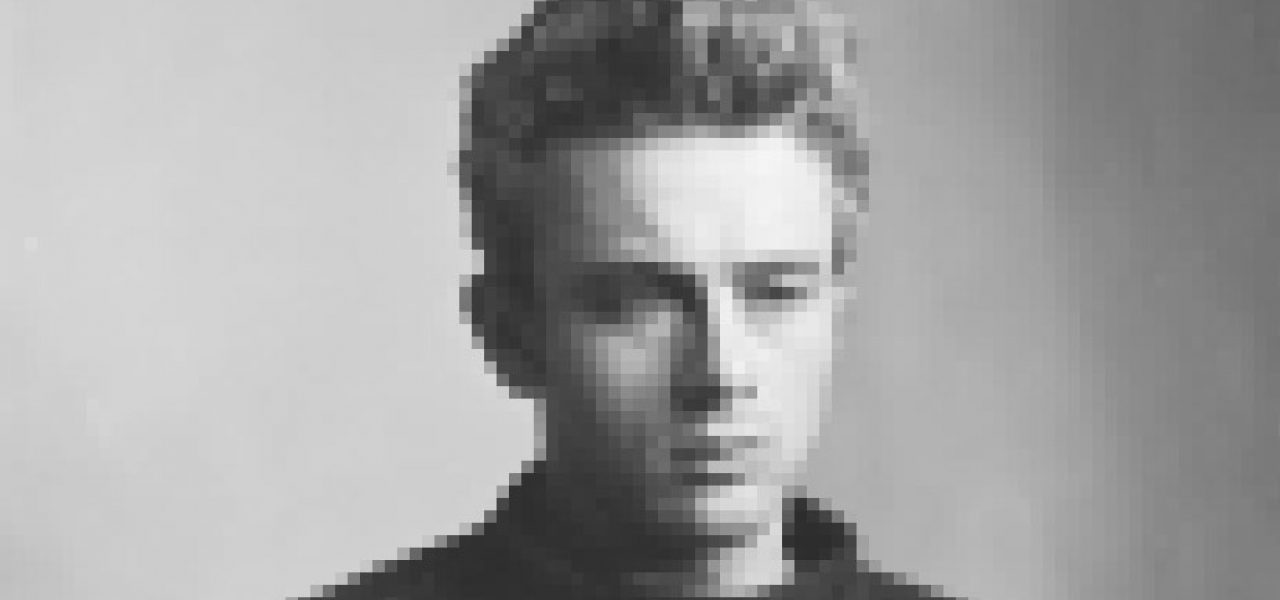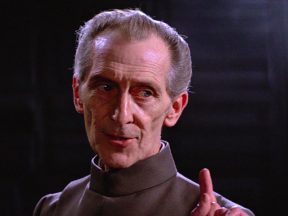

Commentary: CGI James Dean Provokes Backlash, But Animated Characters Based On Actors Are Nothing New
Yesterday’s news that deceased actor James Dean would be reimagined as a cg-animated character for a new Vietnam War-set film Finding Jack was met with a resounding chorus of boos from the internet, including many leading actors like Chris Evans and Elijah Wood.
The directors of the project, Anton Ernst and Tati Golykh, acquired the rights to use Dean’s image from the actor’s family. Dean died in a car crash in 1955 at the age of 24.
The general view shared by actors is that they don’t want themselves animated without their permission:
I’m sure he’d be thrilled 🙄
This is awful.
Maybe we can get a computer to paint us a new Picasso. Or write a couple new John Lennon tunes.
The complete lack of understanding here is shameful. https://t.co/hkwXyTR4pu
— Chris Evans (@ChrisEvans) November 6, 2019
NOPE. this shouldn’t be a thing. https://t.co/RH7jWY5cAG
— Elijah Wood (@elijahwood) November 6, 2019
Yeah, that's not James Dean.
It's his face on a motion capture performance and an "anonymous" actor providing voice pattern and choices.I'd like to know how it will be credited.
How the real actors will be paid.
And how little this team understands the acting craft https://t.co/MkIQHrB5Y0— Julie Ann Emery (@julieannemery) November 6, 2019
This would perhaps be a noble stance if the acting community was adamant in their opposition to animated recreations of themselves. But resurrecting dead actors through animation processes is commonly done in Hollywood nowadays and rarely does it get noticed, or subjected to the kind of backlash that we’re seeing with this Dean news. A long list of dead actors have already been turned into photorealistic animation characters, including Peter Cushing, Paul Walker, and Marlon Brando.
The response to turning deceased actors into animated characters varies on a case-by-case basis, and seemingly depends in large part on how each project is pitched to the public. Criticism has generally been muted when an animated version of an actor is used to perform a role that the actor had already performed while they were alive, as it’s seen as an extension of their legacy. However, new roles performed by a deceased actor, especially those that have a strong commercial bent, like Audrey Hepburn selling chocolate, have generally been frowned upon. It’s an odd distinction to make because in all of these cases, the actors are animated and the performances are manufactured by third parties.
Living actors also seem perfectly content to recreate themselves digitally for films (examples: Alita: Battle Angel and Gemini Man), but perhaps some of this openness is due to their mistaken belief that they’re the ones solely responsible for crafting their performances.
The strong disapproval of the Dean project seems to be in large part based on how the filmmakers pitched the project. One of the directors, Anton Ernst, told The Hollywood Reporter, “We searched high and low for the perfect character to portray the role of Rogan, which has some extreme complex character arcs, and after months of research, we decided on James Dean.”
The idea that an actor whose been dead for over sixty years is somehow the right choice to portray “extreme complex character arcs” is quite simply asinine. The choices that digi-Dean makes onscreen will be made for him by a team of physical performers, voice actors, and animators. It would have been more accurate to say that they’re creating an animated character for the film that is inspired by the mannerisms of James Dean.
While the debate over the use of animated recreations of actors won’t be resolved anytime soon, one thing is certain: these types of recreations will only going keep growing in number over the coming years.
The animation and vfx for Finding Jack will be provided by Vancouver-based Image Enginea and South Africa/Cyprus-based MOI Worldwide.




